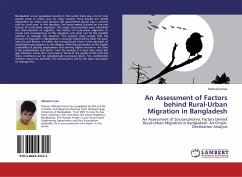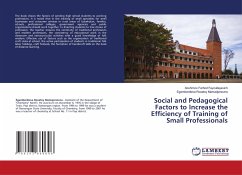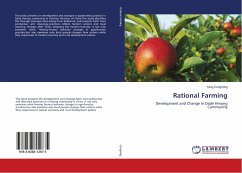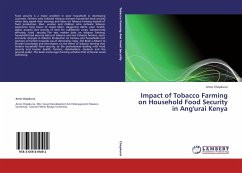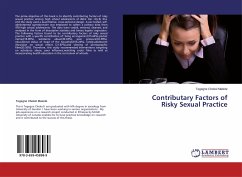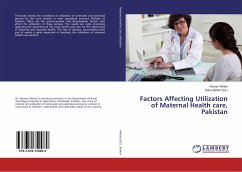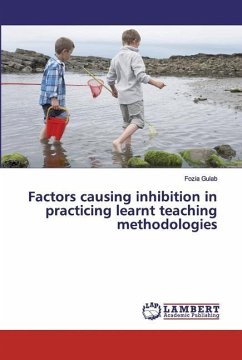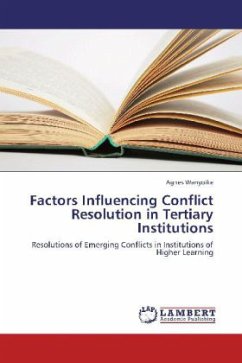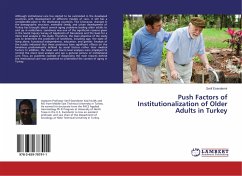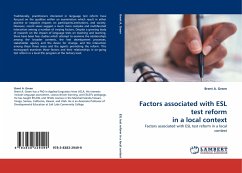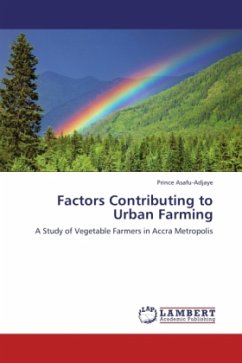
Factors Contributing to Urban Farming
A Study of Vegetable Farmers in Accra Metropolis
Versandkostenfrei!
Versandfertig in 6-10 Tagen
32,99 €
inkl. MwSt.

PAYBACK Punkte
16 °P sammeln!
Though deemed a rural activity, farms are visible in Accra, the pinnacle of urbanism in Ghana. This book provides an in-depth insight into the activity of vegetable cultivation in Accra.The book in part depicts the labour surplus model as all the participants of the study were either unemployed or underemployed. However, the book also shows that explaining the incidence of urban faming with reference to the labour surplus model in isolation is simplistic as other factors such as background exposure to farming also influence the tendency to engage in urban farming. This book also depicts the cu...
Though deemed a rural activity, farms are visible in Accra, the pinnacle of urbanism in Ghana. This book provides an in-depth insight into the activity of vegetable cultivation in Accra.The book in part depicts the labour surplus model as all the participants of the study were either unemployed or underemployed. However, the book also shows that explaining the incidence of urban faming with reference to the labour surplus model in isolation is simplistic as other factors such as background exposure to farming also influence the tendency to engage in urban farming. This book also depicts the cultural lag model as all the participants in varying degrees and ways had prior exposure to farming before their decision to engage in urban farming. Given that neither the cultural lag model nor the labour surplus model as independent models adequately explain urban farming, this book proposes a cultural lag/labour surplus nexus model which provides a more nuanced explanation of urban farming by positing that in the decision to farm in the Accra metropolis, both conditions of labour surplus and cultural lag ought to be present concurrently.



